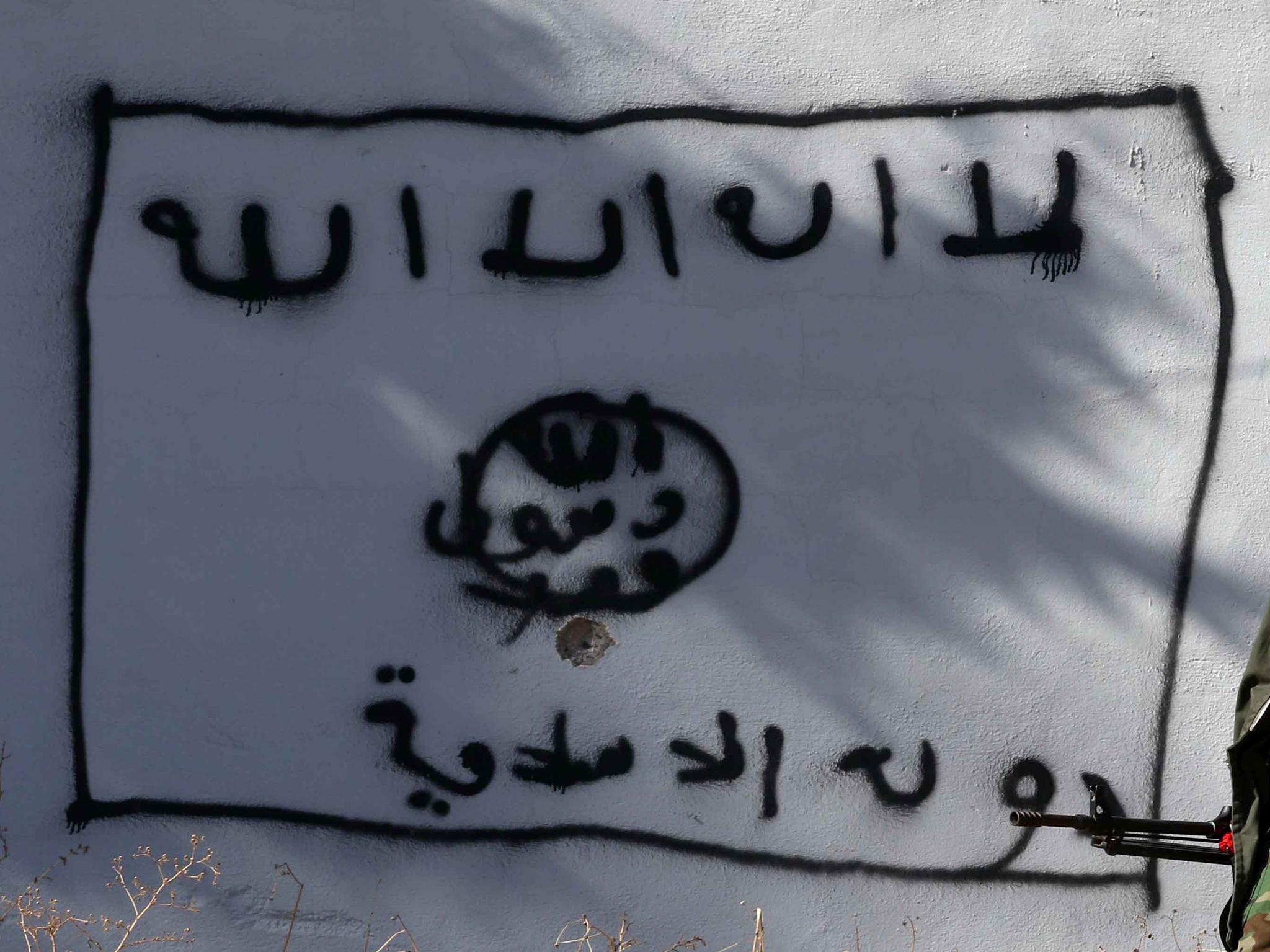Isis 'kill list': 151 Canadians reportedly named as targets
According to reports, the list contained 3,200 names from across the globe

Your support helps us to tell the story
From reproductive rights to climate change to Big Tech, The Independent is on the ground when the story is developing. Whether it's investigating the financials of Elon Musk's pro-Trump PAC or producing our latest documentary, 'The A Word', which shines a light on the American women fighting for reproductive rights, we know how important it is to parse out the facts from the messaging.
At such a critical moment in US history, we need reporters on the ground. Your donation allows us to keep sending journalists to speak to both sides of the story.
The Independent is trusted by Americans across the entire political spectrum. And unlike many other quality news outlets, we choose not to lock Americans out of our reporting and analysis with paywalls. We believe quality journalism should be available to everyone, paid for by those who can afford it.
Your support makes all the difference.One-hundred fifty-one Canadian names have appeared on a so-called “Isis kill list”, according to reports.
CBC says the list contains the names of some 8,300 people across the globe containing their home and email addresses, seemingly chosen at random. The list of Canadian names is said to consist mostly of women from small towns in the country - some are from larger metropolitan areas.
Most of the personal information appears to have been obtained from previous hacks - 71 per cent were reportedly connected to times Linkedin, Myspace, or Adobe were compromised.
The list was discovered by the Middle East Media Research Institute (MEMRI) on the social media app favoured by Islamic State operatives, Telegram.
“It’s a large list, it would be difficult to follow through them, but it’s something that we’ve shared with law enforcement and they’re taking seriously and presumably are proceeding upon,” said Elliot Swig, deputy director of MEMRI.
“We know the right places to go, the right accounts to link up with, the right to contact, the right forums to be present in, it came to us, it wasn’t something that was overly difficult to find.”
The list was released by the group closely associated with Isis, United Cyber Caliphate (UCC).
In the past, nine lists had been released, but did not appear so random. Previous names had been tied to US drone operators, government employees, or transit police.
Royal Canadian Mounted Police (RCMP) say they are aware of the list. It remains unclear whether or not the people who appear on the list face a direct threat, but the RCMP has a “duty to inform” them.
Join our commenting forum
Join thought-provoking conversations, follow other Independent readers and see their replies
Comments